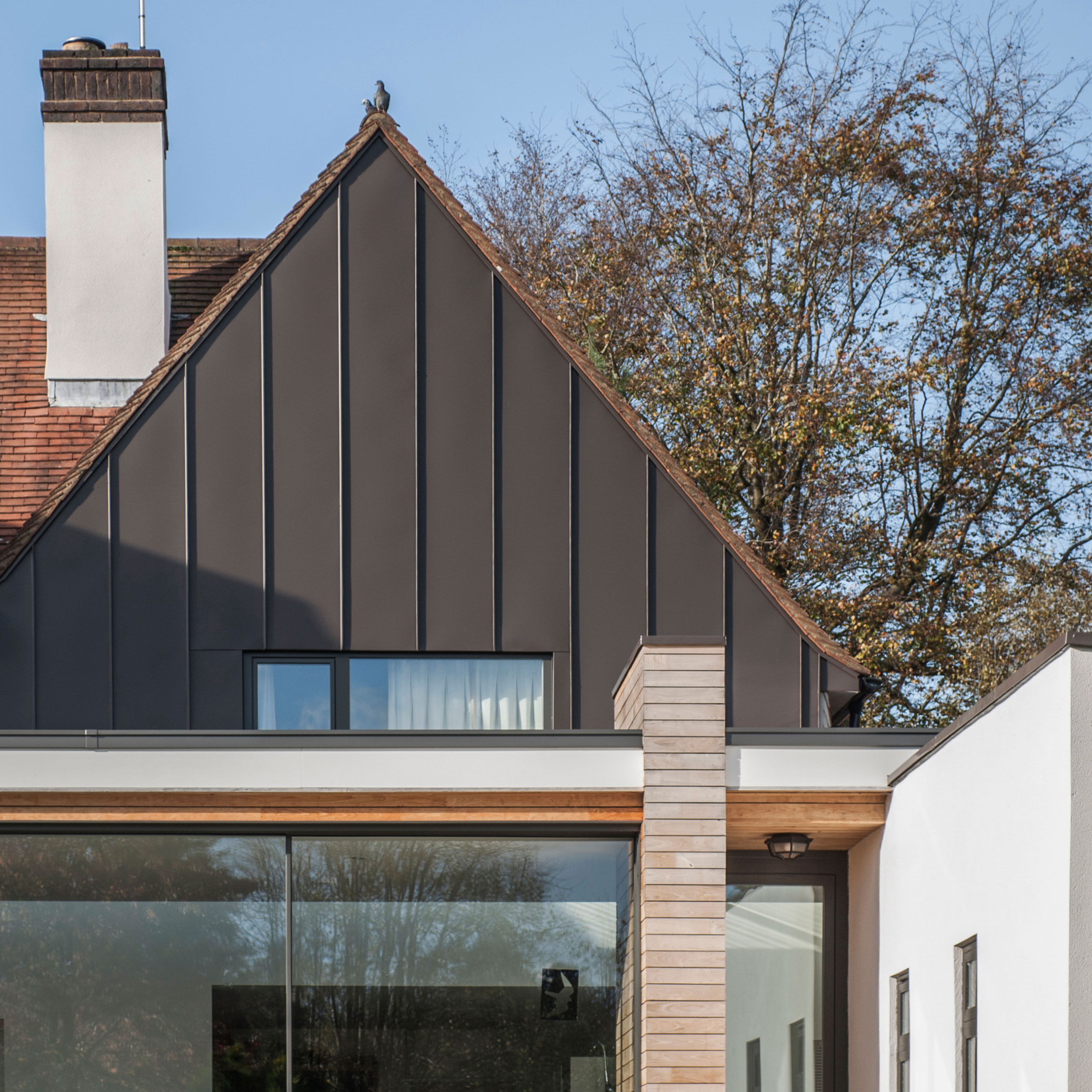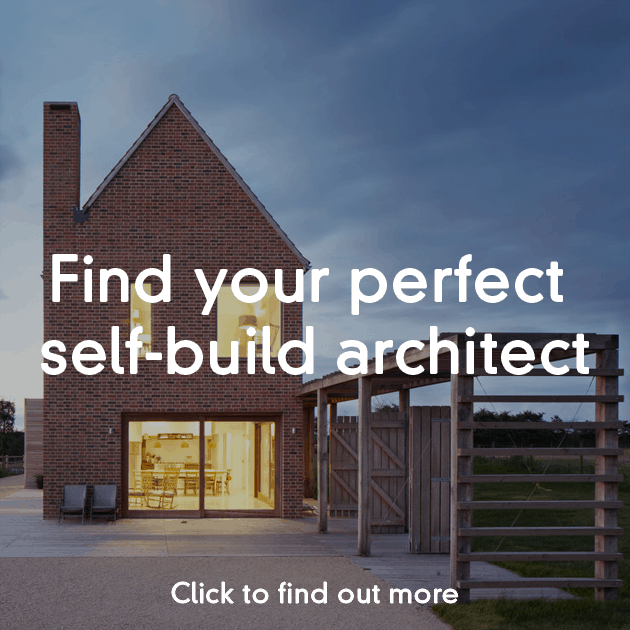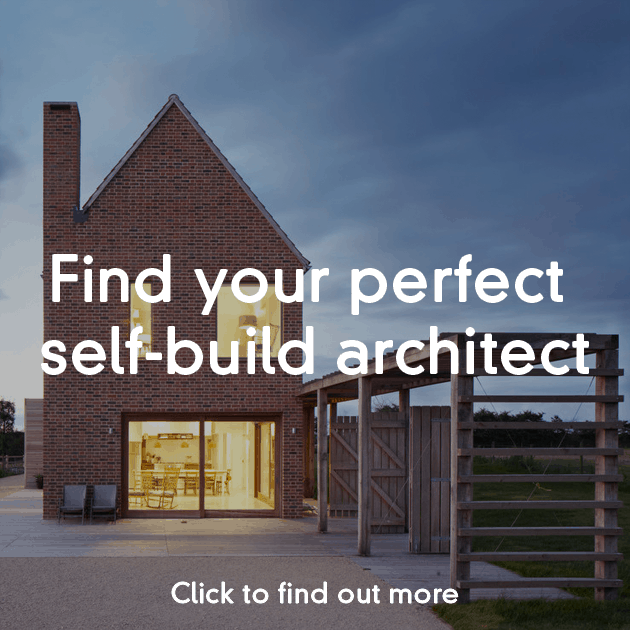Embarking on a self-build project is an exciting journey that allows you to create a home tailored to your exact needs and tastes. One of the first crucial steps is choosing the right construction method. Here, we’ll explore some of the most common self-build construction methods used in the UK, highlighting their benefits and potential drawbacks.
Featured image above from Silviu. See more and shortlist him for your home project here.
Find your perfect design pro within minutes…
Here at Design for Me, we’ve helped thousands of homeowners all over the UK to find the best architect or interior designer for their project.
✓ Get matched within minutes and see who’s interested.
✓ Get no obligation quotes.
✓ It’s completely free.
1. Timber Frame Construction
Overview: Timber frame construction is a popular choice for self-builders due to its speed and versatility. This method involves creating a structural frame from timber, which is then filled with insulation and covered with various cladding materials.
Pros:
- Speed: Timber frame houses can be constructed much faster than traditional methods.
- Energy Efficiency: Excellent for achieving high levels of insulation and airtightness.
- Flexibility: Easy to modify or extend in the future.
Cons:
- Cost: While competitive, the initial cost can be higher than traditional masonry.
- Sound Insulation: May require additional measures to achieve good soundproofing.
- Future lending: Some mortgage lenders are can be more cautious when it comes to non-traditional construction methods.
2. Brick and Block Construction
Overview: This traditional method involves constructing walls with concrete blocks and facing them with brick. It’s known for its robustness and longevity.
Pros:
- Durability: Extremely long-lasting and robust.
- Sound Insulation: Offers excellent soundproofing.
- Fire Resistance: Naturally fire-resistant.
Cons:
- Build Time: Takes longer to build compared to timber frames.
- Labour Intensive: Requires skilled labour, which can increase costs.
3. Insulating Concrete Formwork (ICF)
Overview: ICF is a modern construction method where hollow blocks made of insulating material are stacked to create a formwork. Concrete is then poured into these forms.
Pros:
- Energy Efficiency: Superior insulation properties.
- Strength: Strong and durable structure.
- Speed: Faster than traditional masonry once formwork is set up.
Cons:
- Cost: Can be more expensive than traditional methods.
- Complexity: Requires specific expertise, which might limit your choice of contractors.
- Future lending: Some mortgage lenders are can be more cautious when it comes to non-traditional construction methods.
4. Steel Frame Construction
Overview: Steel frame construction uses a skeleton frame of vertical steel columns and horizontal I-beams to construct the building’s framework.
Pros:
- Strength: Highly durable and strong, ideal for large, open spaces.
- Flexibility: Great for complex designs and large spans without internal supports.
- Fire Resistance: Non-combustible.
Cons:
- Cost: Typically more expensive due to the cost of steel and specialist labour.
- Thermal Bridging: Requires additional insulation to prevent heat loss through the steel.
5. Prefabricated Systems
Overview: Prefabricated or modular homes involve constructing sections of the home in a factory, which are then transported and assembled on-site.
Pros:
- Speed: Significantly reduces on-site construction time.
- Quality Control: Factory conditions ensure high quality and precision.
- Cost-Effective: Can be more cost-effective due to economies of scale.
Cons:
- Transport Restrictions: Size of modules can be limited by transportation logistics.
- Design Limitations: Less flexibility in design compared to traditional methods.
Conclusion
Choosing the right construction method is a pivotal decision in your self-build journey. Each method has its unique advantages and potential challenges, so it’s essential to consider your specific needs, budget, and site conditions. Whether you opt for the speed of timber frame, the durability of brick and block, or the innovation of ICF and prefabricated systems, the key is to make an informed decision that aligns with your vision for your new home.
Get Matched with an Architect, Interior Designer or Garden Designer
Ready to get started? Post your project and we’ll match you with home design professionals – all over the UK – who are a perfect fit for your brief. It’s free, fast and no obligation.
- See who’s interested in your job
- Shortlist design pros
- Arrange consultations – for free!

About the Author




 Follow Design for Me
Follow Design for Me
Find your perfect design pro within minutes…
Here at Design for Me we match you with the right design professional, from thousands all over the UK. Get quotes & arrange up to three no obligation consultations. And it’s all completely free! Find out more here or get started below…


